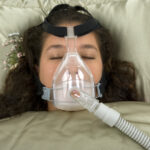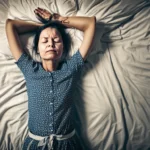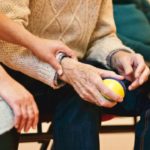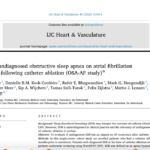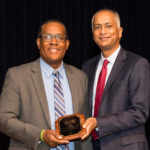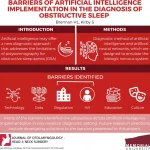Parasomnias and Mental Health: Understanding Strange Sleep Behaviors
A recent comprehensive analysis of 372,000 sleep clinic patients revealed that parasomnias—unusual sleep behaviors like sleepwalking and night terrors—have a significant association with psychiatric conditions, with depression patients being nearly three times more likely to experience these sleep disturbances. This large-scale study provides compelling evidence that parasomnias may be underrecognized clinical indicators of mental health…


